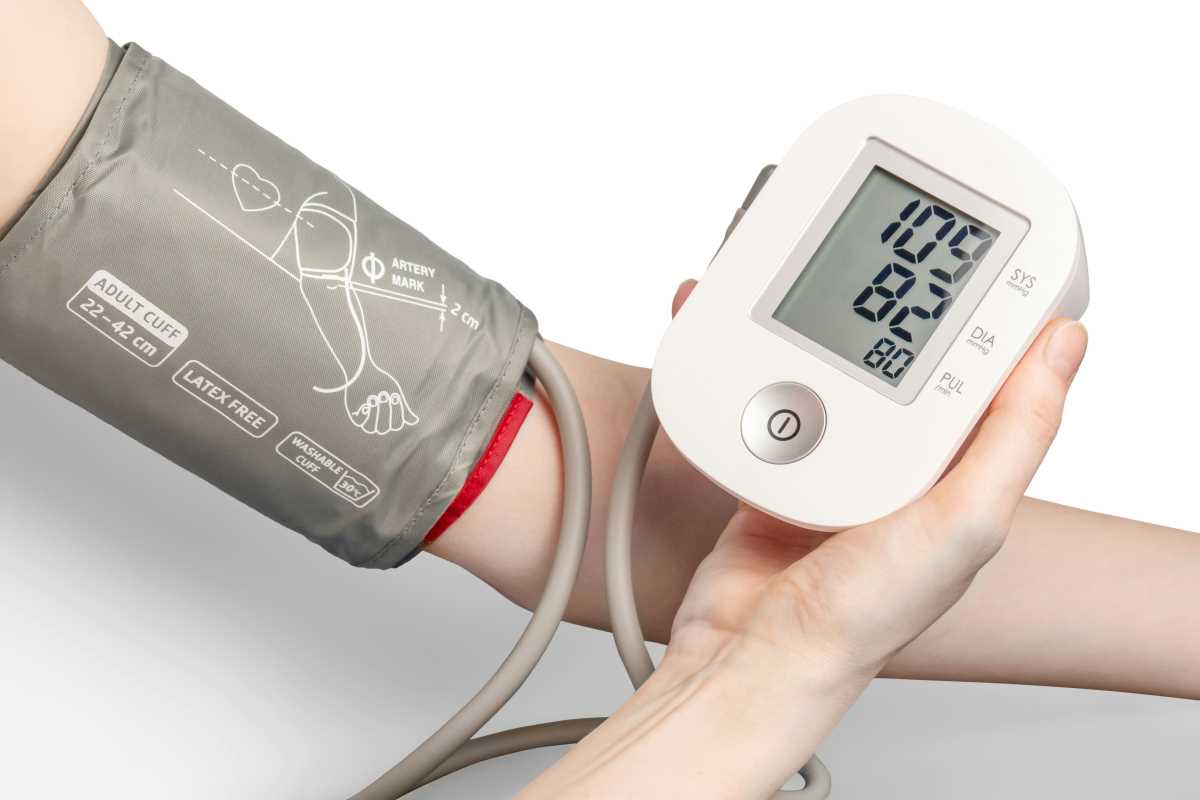Your brain is like a muscle. The more you care for it, the better it works. From remembering where you left your keys to tackling a tricky Sudoku, your memory and cognitive abilities play a massive role in everyday life. Thankfully, you don’t have to be a neuroscientist to give your brain the love it deserves. Here are some scientifically supported ways to keep your mind in top shape and your memory sharp, no matter your age.
Energizing Your Brain with Smart Food Choices
When it comes to brain health, your plate is as important as your planner. What you eat has a direct impact on how well your memory and cognitive function perform. Foods rich in nutrients like antioxidants, omega-3 fatty acids, and vitamins are the secret sauce to supporting your brain.
Start with the Mediterranean diet, a favorite for brain health. Think whole grains, nuts, seeds, and fatty fish like salmon, which are excellent sources of omega-3s. These healthy fats build brain cell membranes and keep those neural connections firing smoothly. Sprinkle in leafy greens like spinach and kale for a boost of vitamin K, which has been linked to better memory. For snacks, mix it up with a handful of blueberries, packed with antioxidants known to combat oxidative stress in the brain.
Brain-friendly diets aren’t just about adding; they’re about avoiding, too. Limit processed foods and added sugars, as these can contribute to inflammation and mental fogginess. By turning mealtime into an opportunity to fuel your mental engine, you can keep your neurons sharp and your memory quick.
Strengthening Your Mind with Mental Workouts
If physical exercise keeps your body fit, mental exercises are like yoga for your brain. The goal is simple: keep your mind active, limber, and ready to take on challenges. Cognitive training doesn’t have to be boring, either. Think of it as any activity that makes your brain work a little harder.
Puzzles like crosswords or Sudoku are a fantastic starting point. Similarly, learning new skills, like playing an instrument or picking up a foreign language, can dramatically improve memory and mental agility. These activities encourage your brain to form new connections, keeping it flexible and resilient. Even something as simple as switching your dominant hand for routine tasks boosts cognitive function by forcing your brain to adapt.
Want a more structured approach? Digital brain-training games are designed to enhance neural coordination and problem-solving skills. While you shouldn’t rely on apps alone, pairing them with activities like reading or strategic games can create a well-rounded mental workout.
Keeping Memory Sharp with Physical Activity
Your brain and your body are more connected than you might realize. Regular physical activity not only keeps your muscles strong but also gives your brain a major boost. Exercise increases blood flow to the brain, delivering oxygen and nutrients while reducing inflammation.
Aerobic activity is a powerful contributor to improved cognitive performance. Whether jogging, swimming, or brisk walking, these exercises increase the production of brain-derived neurotrophic factor (BDNF), a protein that builds and repairs neural connections. Even short sessions of just 20-30 minutes, a few times a week, can have a noticeable impact on memory and focus.
Strength training and balance exercises bring their own benefits to the table. These activities don’t just tone your muscles; they engage different parts of your brain, improving coordination and focus. Incorporate variety to avoid boredom and amplify the total benefits for both body and mind. Remember, the healthier your heart, the better your brain performs. It’s the ultimate win-win.
Prioritizing Quality Sleep for Better Recall
Think of sleep as your brain’s nightly maintenance crew. While you snooze, your brain processes the day’s experiences, consolidating memories, and clearing toxic waste products associated with cognitive decline. The result? Waking up sharper and more focused.
Skipping sleep doesn’t just make you groggy; it directly affects your ability to concentrate, solve problems, and even remember the name of that actor in your favorite movie. Adults should aim for seven to nine hours of quality sleep per night to allow essential processes like memory consolidation to work their magic.
If getting truly restful sleep feels elusive, take steps to create a consistent nighttime routine. Limit screen time an hour before bed, since blue light hampers production of melatonin, the sleep hormone. Keep your bedroom cool, dark, and quiet to set the stage for better rest. And yes, that late-day cup of coffee might be worth skipping if it’s interfering with your ZZZs.
Lowering Stress for a Relaxed, Focused Mind
Stress is like a noisy neighbor to your cognitive function. It distracts you, reduces your ability to focus, and makes even the simplest tasks feel impossible. Chronic stress can lead to elevated cortisol levels, which, over time, damage the hippocampus, the part of your brain responsible for memory.
Alternatively, learning to manage stress effectively is one of the greatest gifts you can give your mind. Techniques like meditation and mindfulness calm the nervous system and help keep cortisol levels in check. Just 10 minutes of mindful breathing a day can lower stress and improve memory.
If mindfulness isn’t your thing, don’t worry. There are plenty of other ways to foster calm. Listening to music, spending time in nature, or nurturing hobbies that make you happy can all work wonders. Here are actionable stress tips to get started:
- Create a relaxing morning routine to frame your day positively.
- Dedicate time to unwind after work, like reading or journaling.
- Try short breathing exercises during moments of high pressure.
- Use physical activity, like yoga or walking, as a stress reliever.
- Connect with loved ones for emotional support and laughter therapy.
Stress reduction doesn’t just make life feel better; it allows your memory and focus to shine when you need them most.







